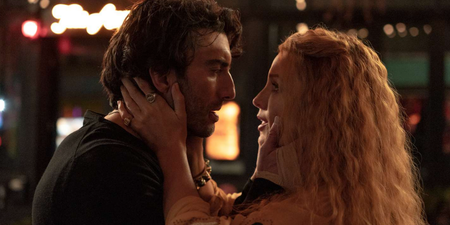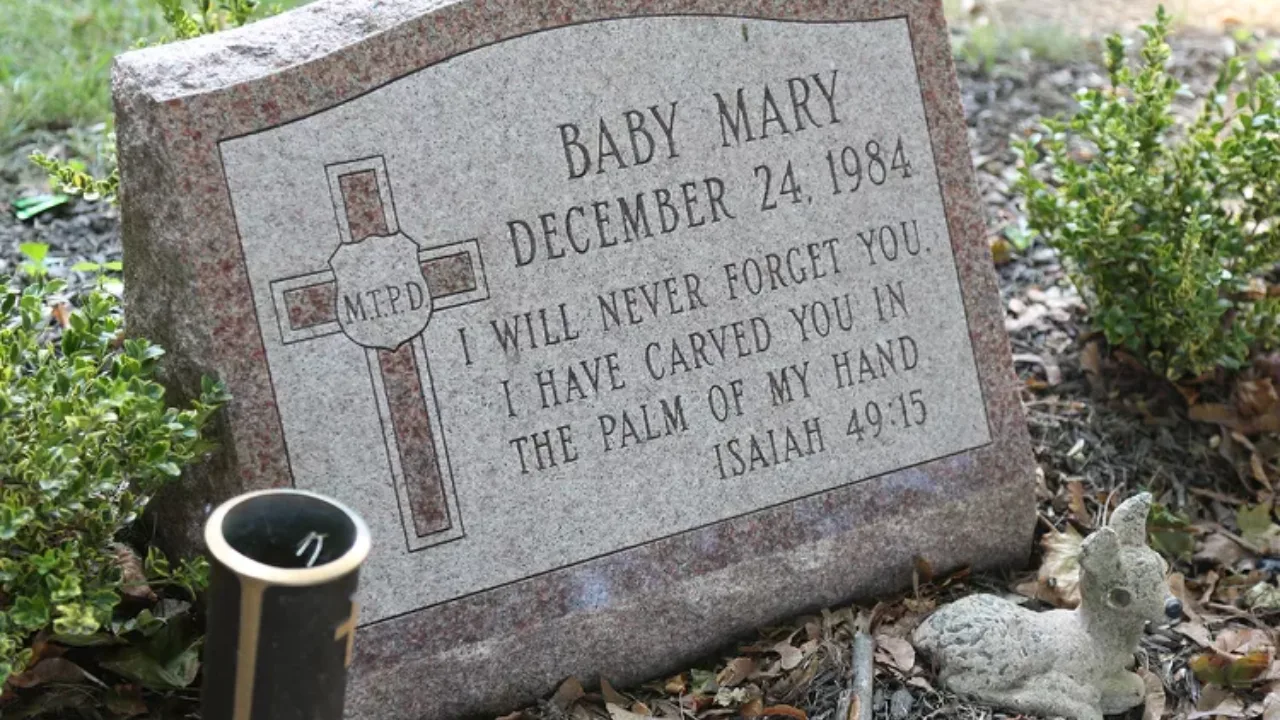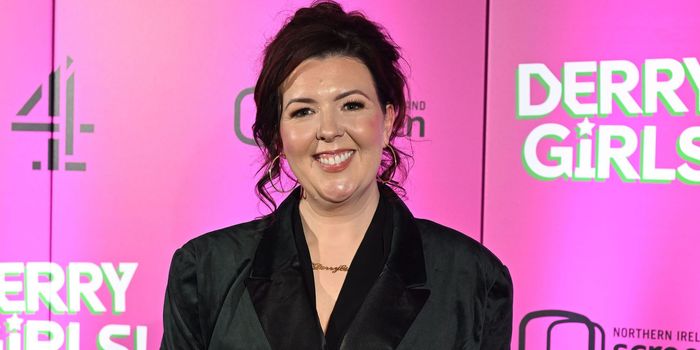What an achievement.
Derry Girls creator Lisa McGee has made history as becoming the first woman ever to be awarded the Freedom of Derry.
The screenwriter has received international acclaim for her hit show based on the lives of teenagers during the end of the Troubles in Derry in the 90s.
Lisa attended the short ceremony alongside her parents, husband and two sons, saying that being given the award was “surreal” and that she was so proud to be from the city.
“This is really surreal. I still can’t believe it,” she said after receiving the award.
“This is just such a privilege and honour.

“I’m immensely proud to be from Derry. As a writer working in television, an industry that’s notoriously tough to break into and to survive in, being from Derry has always felt like my superpower.”
She added that Derry is “steeped in story and full of storytellers” and that writing a show about where she comes from has been the “greatest privilege” and being able to show the city’s “amazing sense of humour and warmth and humanity” means the world to her.
Derry’s Mayor Sandra Duffy told the ceremony that Lisa had “captured the city and its people, our unique humour, warmth and resilience and shared it with a global audience”.
“We are hugely proud of you, you have successfully boosted civic pride and given us all an opportunity to embrace out Derryness,” she said.
Speaking ahead of the ceremony, Social Democratic and Labour Party councillor Martin Reilly said that this was an opportunity for the city to “show how proud we are of Lisa”.”
He added: “The work she has done and the way she has put Derry on a global map through her writing really is just incredible.
“The freedom of the city is the highest honour a council can bestow on an individual and it’s really great that Derry Girls is being recognised and, more importantly, a Derry girl specifically is being recognised.”
Related links:
RELATED ARTICLES
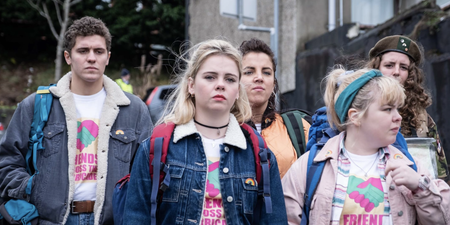





MORE FROM HER




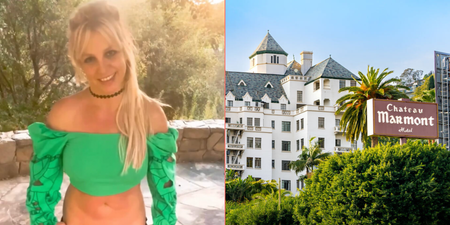

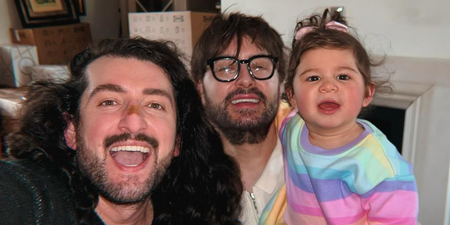





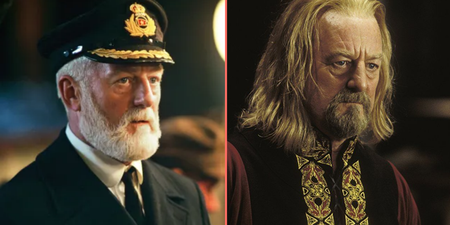





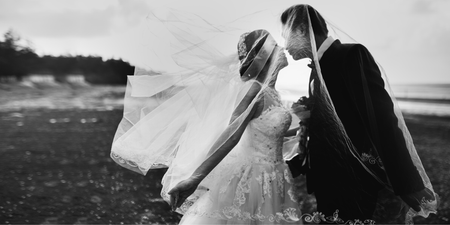

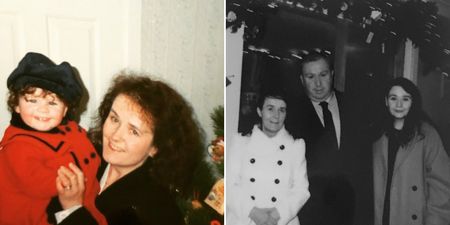



MORE FROM HER








